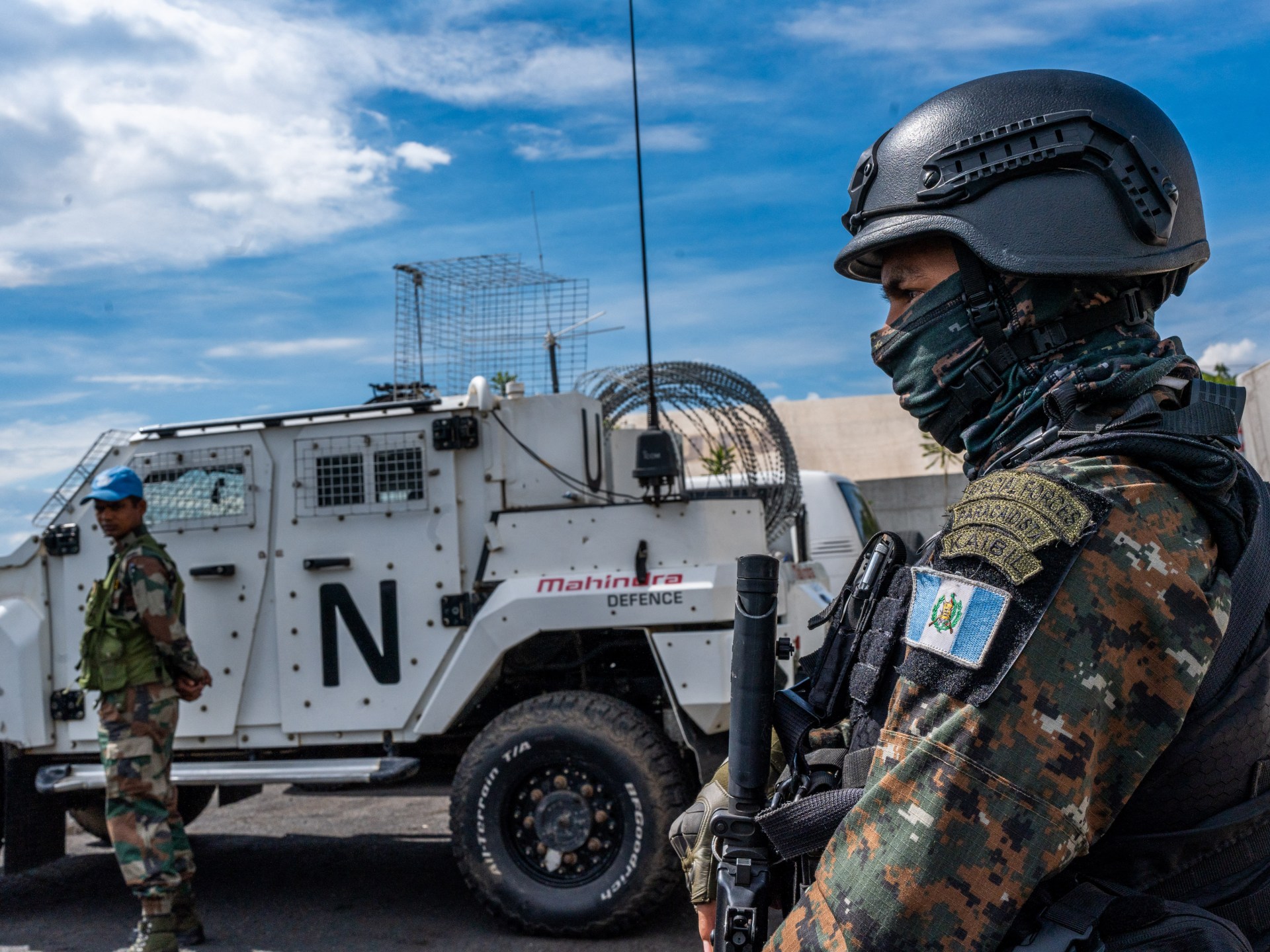In a significant announcement made by the head of The United Nations Organization Stabilization Mission in DR Congo (MONUSCO), Bintou Keita, it has been revealed that the UN peacekeeping mission in the Democratic Republic of the Congo will be completely withdrawn from the country by December 2024. This decision marks the conclusion of a 25-year presence, during which the peacekeeping mission played a crucial role in combating rebels and maintaining stability in the region. This withdrawal is a part of a phased process, and around 2,000 UN troops are set to depart from the restive eastern areas by the end of April, with the entire force expected to leave the country by the end of the year.
Challenges in the Eastern Provinces
One of the primary factors prompting this decision is the failure to effectively protect civilians from various armed groups operating in the restive eastern provinces of North Kivu, South Kivu, and Ituri. Notably, the Congolese government, freshly re-elected in a contested vote, has called for the departure of the UN mission, underlining its inability to safeguard the civilian population in these areas. This resonates with the violence and displacement experienced by the civilians at the hands of groups such as the Allied Democratic Forces (ADF) and M23.
Phased Withdrawal Approach
The withdrawal will be executed in three distinct phases. The initial phase will witness the departure of approximately 2,000 UN troops from South Kivu by the end of April. This reduction will trim the current 13,500-strong MONUSCO force to 11,500. Moreover, the Congolese security forces will take over fourteen UN bases in the province, marking a noteworthy shift in the security dynamics of the region. Subsequently, the forces in North Kivu and Ituri will follow suit, paving the way for a comprehensive exit.
Continued Struggle for Territorial Interests
While this development signifies the end of the UN’s peacekeeping operations in the country, the Congolese Foreign Minister, Christophe Lutundula, has emphasized that it does not signify the conclusion of the ongoing fight to protect the territorial interests of the nation. Acknowledging the significance of the struggle, he underscored the imperative to persevere in the efforts to safeguard the country’s territorial integrity, even in the absence of the UN peacekeeping mission.
Changing Dynamics and the Role of MONUSCO
MONUSCO, which succeeded an earlier UN operation in 2010, aimed to address the prevalent insecurity in the eastern part of the Democratic Republic of the Congo. The region has been marred by conflicts among armed groups vying for control over territory and resources. However, in recent years, the presence of the mission has encountered growing discontent, leading to the unanimous vote by the UN’s Security Council for the gradual phase-out of peacekeeping operations in the country.
Impact on Humanitarian Crisis
The departure of the peacekeeping forces holds significant implications for the humanitarian situation in the country. With more than seven million individuals already displaced due to the persisting conflicts, primarily in the eastern provinces, the absence of a stabilizing force raises concerns about exacerbating the humanitarian crisis. Furthermore, the departure of an East African regional force, deployed last year to aid in quelling the fighting, adds to the growing complexities in the region.
Conclusion
As the timeline for the complete withdrawal of UN peacekeepers from DR Congo unfolds, it is vital to recognize the multi-faceted implications of this pivotal decision. While signifying the conclusion of a longstanding chapter, it also underscores the need for cohesive strategies to address the underlying conflicts and safeguard the vulnerable population. The transition to a post-MONUSCO era necessitates a concerted effort to mitigate the security challenges and humanitarian crisis, underscoring the significance of sustainable solutions and international collaboration in the pursuit of lasting peace and stability in the Democratic Republic of the Congo.


